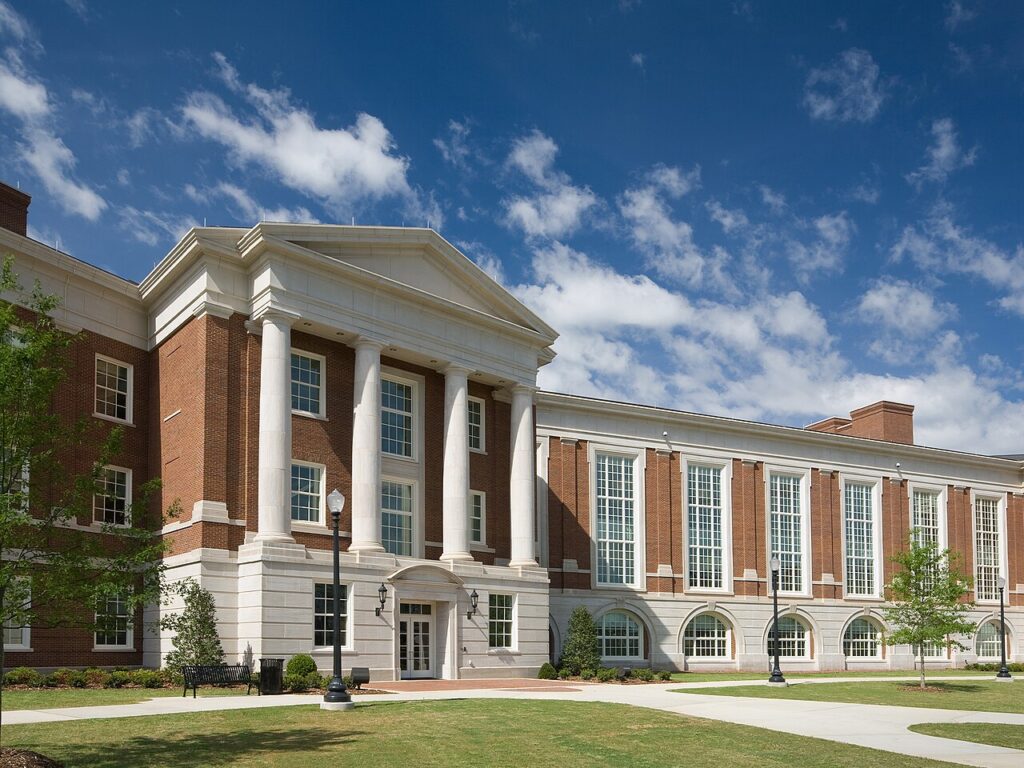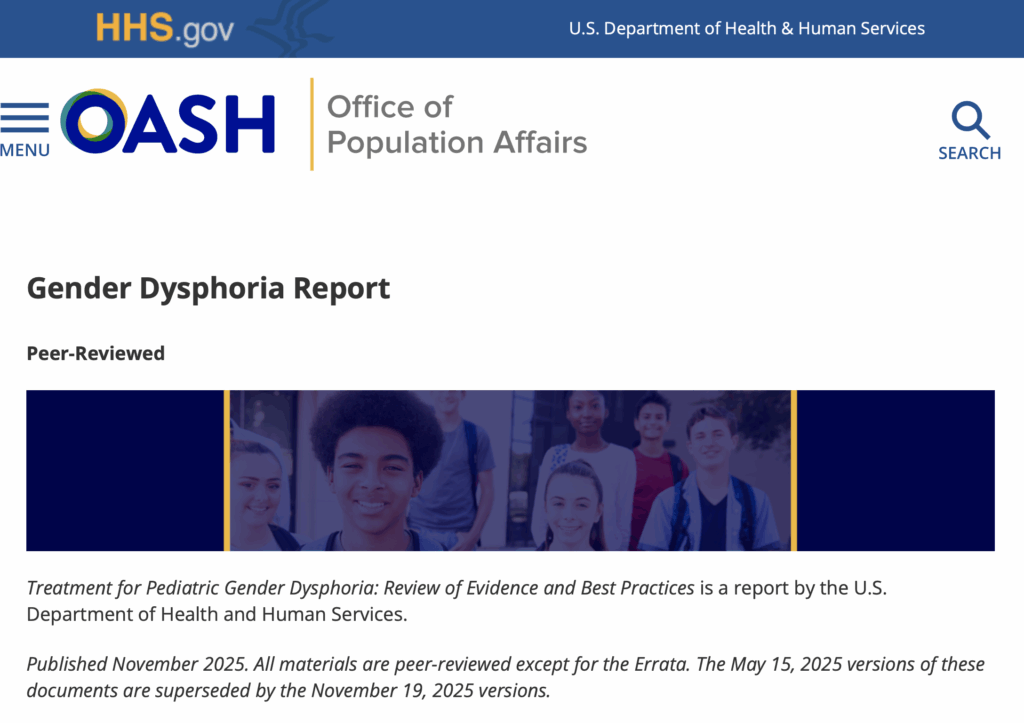When Judge Kenneth Starr agreed to become Special Prosecutor, he little suspected that his own professional integrity would be targeted for destruction in order to discredit the findings of his investigation of Bill and Hillary Clinton in the Whitewater case.
Similarly, when professors Paul E. Peterson and Jay P. Greene focused their research efforts on analyzing the effects of school choice on student achievement, it’s likely they gave little thought to the possibility that their professional integrity would be called into question so as to discredit their favorable findings about school choice.
The work of Peterson and Greene represents a formidable challenge to the present structure of public education, a $300 billion enterprise that provides a stable, middle-class livelihood for a large number of individuals. Many are aware that encouraging results from the voucher experiments in Milwaukee and Cleveland could lead to more voucher experiments in other cities and states.
An honest, vigorous debate over the results of school choice experiments was expected, according to Milwaukee education consultant George Mitchell. But some voucher opponents have responded by attacking the professional integrity of the researchers whose findings they dislike. The principal targets: Paul Peterson, Jay Greene, and Howard Fuller.
“Efforts to stifle those debates through personal destruction are very troublesome,” said Mitchell, noting that major policy changes have major impacts. “The failure of the current public education system to serve very large numbers of urban children requires major policy changes and experiments.”
Mitchell’s comments were prompted by what he called “a particularly deceptive effort by the American Federation of Teachers to question the professional integrity of Peterson and Greene.” Applying a double standard, an AFT researcher criticized Peterson and Greene for not subjecting their research to peer review before presenting results favorable to vouchers–but offered no criticism of the AFT and other researchers for routinely publishing non-peer-reviewed research results unfavorable to vouchers.
Mitchell predicts that efforts to personally discredit voucher supporters will increase as key court decisions approach, including the eventual consideration by the U.S. Supreme Court of a school choice case.
“Make no mistake about it, the opponents of vouchers want to influence that case by staining honest research and the researchers who have had the courage to stand against conventional wisdom,” said Mitchell.



